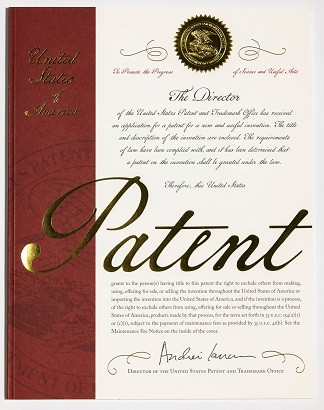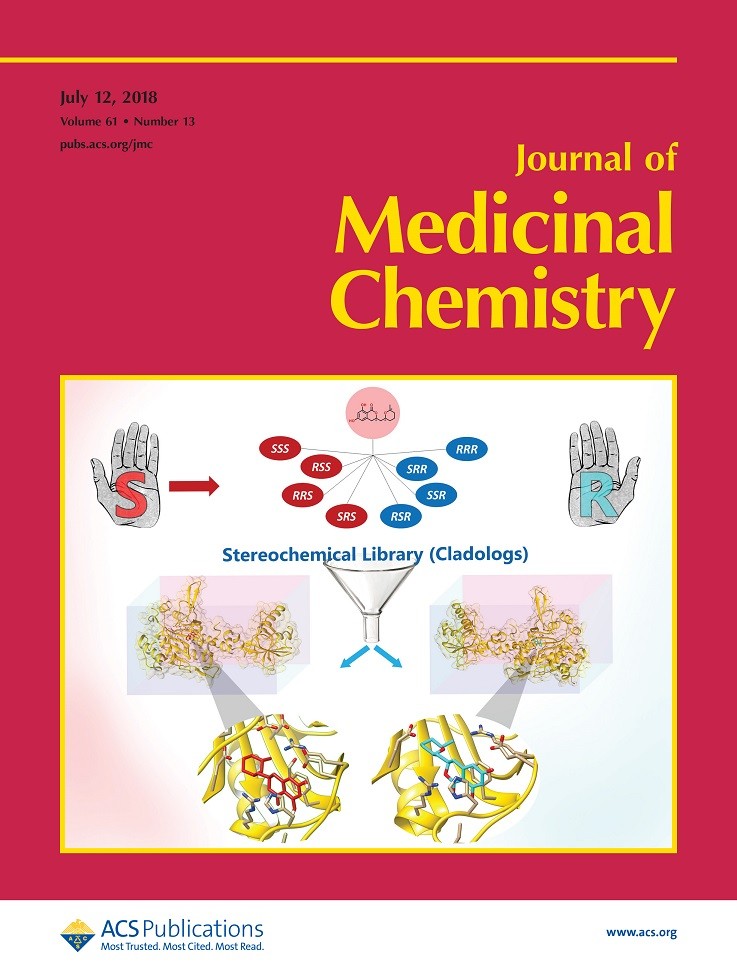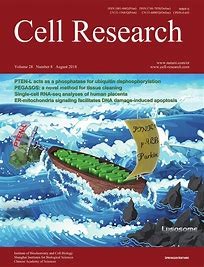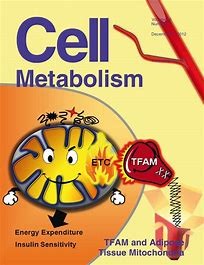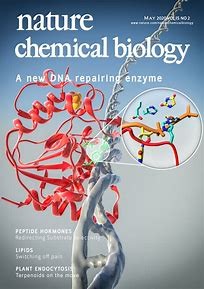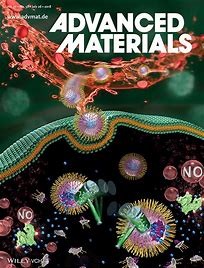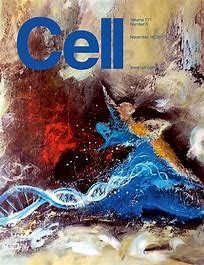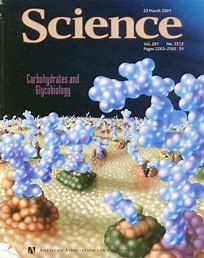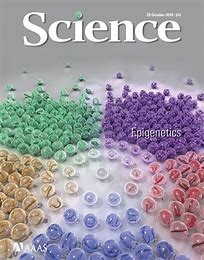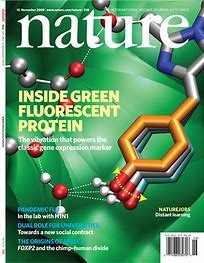SCH529074
This product is for research use only, not for human use. We do not sell to patients.
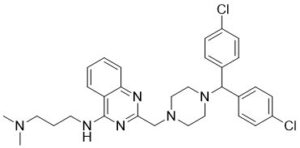
For small sizes, please check our retail website as below: www.invivochem.com
| Size | Price | Stock |
|---|---|---|
| 250mg | $2150 | Check With Us |
| 500mg | $3200 | Check With Us |
| 1g | $4800 | Check With Us |
Cat #: V12467 CAS #: 922150-11-6 Purity ≥ 99%
Description: SCH-529074 is a novel,potent and orally active p53 activator.
Top Publications Citing Invivochem Products
Publications Citing InvivoChem Products
Product Promise

- Physicochemical and Storage Information
- Protocol
- Related Biological Data
- Stock Solution Preparation
- Quality Control Documentation
| Molecular Weight (MW) | 563.56 |
|---|---|
| Molecular Formula | C31H36Cl2N6 |
| CAS No. | 922150-11-6 |
| SMILES Code | CN(C)CCCNC1=C2C=CC=CC2=NC(CN3CCN(C(C4=CC=C(Cl)C=C4)C5=CC=C(Cl)C=C5)CC3)=N1 |
| Synonyms | SCH-529074; SCH 529074; SCH529074 |
| Protocol | In Vitro | SCH 529074 (2-6 µM; 24 hours) increases the protein levels of PUMA and p21 revealed to 4 or 6 µM in the cancer cell lines regardless of their p53 status. SCH 529074 (2-4 µM; 24 hours) induces the early and late apoptotic rates at 2 µM in H1975 cells. In H157 cells, SCH 529074 treatment induces early and late apoptosis. Similarly, in A549 cells, 2 and 4 µM of SCH 529074 significantly increased early and late apoptosis. In line with that, in colon cancer cells, in HCT116 cells, 4 µM of SCH 529074 causes a significant induction of early and late apoptosis, and 4 µM of SCH 529074 significantly induces early apoptosis in HCT116 p53-/- cells. SCH 529074 (2 and 4 µM) induces NSCLC cells (H157, A549, HCT116 and HCT116 p53-/-) arrested at the G0/G1 phase (59%; 72%; 66%; and 57%) compared with the control cells following low concentration (2 µM) of treatment. SCH529074 (2-4 µM; 24 hours) causes significant reduction in cell viability, it causes a significant decreasing to 20-25% in p53 mutant cells (H157, H1975 and H322) and to 68% in the p53 WT cell line A549 at 4 µM. |
|---|---|---|
| In Vivo | SCH529074 (oral administration; 30 or 50 mg/kg; twice daily; 4 weeks; started on day 3 until day 31) causes 79 and 43% reduction of tumor growth at 50 and 30 mg/kg doses, respectively. the degree of tumor inhibition correlates with the plasma exposure of the compound (0.26–0.55 μm at 30 mg/kg and 0.39-0.79 μm at 50 mg/kg, 2-12 h post final dosing) in human DLD-1 colorectal cancer xenograft. |
These protocols are for reference only. InvivoChem does not
independently validate these methods.
| Solvent volume to be added | Mass (the weight of a compound) | |||
|---|---|---|---|---|
| Mother liquor concentration | 1mg | 5mg | 10mg | 20mg |
| 1mM | 1.7744 mL | 8.8722 mL | 17.7443 mL | 35.4887 mL |
| 5mM | 0.3549 mL | 1.7744 mL | 3.5489 mL | 7.0977 mL |
| 10mM | 0.1774 mL | 0.8872 mL | 1.7744 mL | 3.5489 mL |
| 20mM | 0.0887 mL | 0.4436 mL | 0.8872 mL | 1.7744 mL |
The molarity calculator equation
Mass(g) = Concentration(mol/L) × Volume(L) × Molecular Weight(g/mol)
Mass
=
Concentration
×
Volume
×
Molecular Weight*
The dilution calculator equation
Concentration(start)
×
Volume(start)
=
Concentration(final)
×
Volume(final)
This equation is commonly abbreviated as: C1 V1 = C2 V2
Concentration(start)
C1
×
Volume(start)
V1
=
Concentration(final)
C2
×
Volume(final)
V2
Step One: Enter information below
Dosage mg/kg
Average weight of animals g
Dosing volume per animal µL
Number of animals
Step Two: Enter the in vivo formulation
%DMSO
+
%
+
%Tween 80
+
%ddH2O
Calculation Results:
Working concentration:
mg/ml;
Method for preparing DMSO master liquid:
mg
drug pre-dissolved in
µL
DMSO(Master liquid concentration
mg/mL)
,Please contact us first if the concentration exceeds the DMSO solubility of the batch of drug.
Method for preparing in vivo formulation:
Take
µL
DMSO master liquid, next add
µL
PEG300, mix and clarify, next add
µL
Tween 80,mix and clarify, next add
µL
ddH2O,mix and clarify.
Note:
- (1) Please be sure that the solution is clear before the addition of next solvent. Dissolution methods like vortex, ultrasound or warming and heat may be used to aid dissolving.
- (2) Be sure to add the solvent(s) in order.
